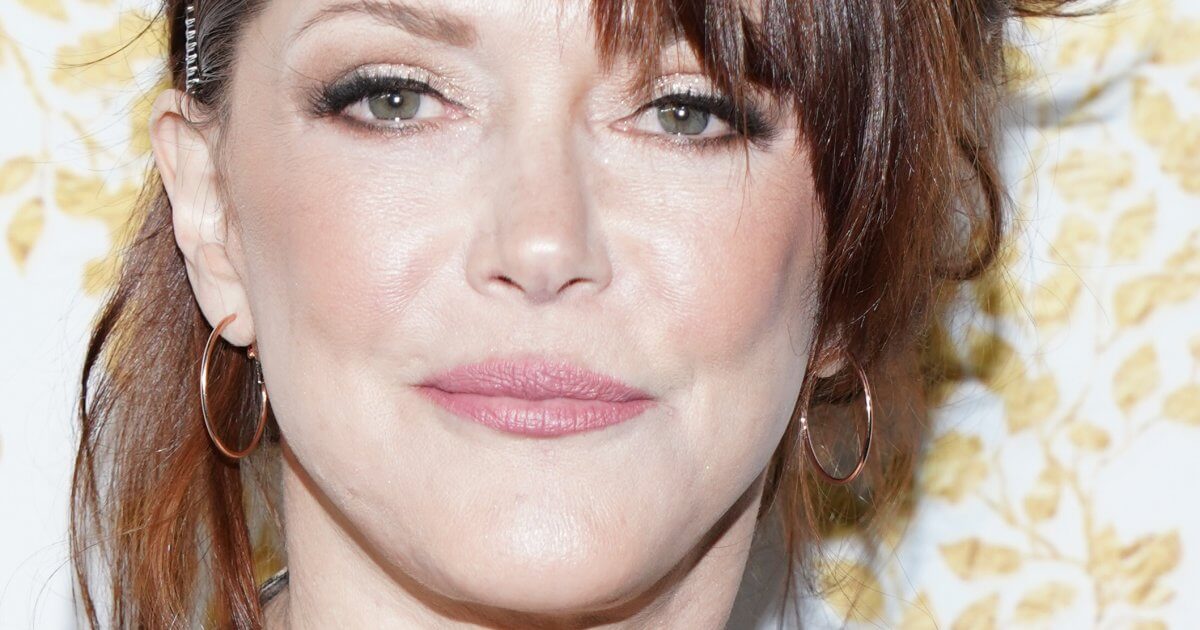'Virgin River' Actress's Cancer Losses
- Actress Lynda Boyd’s Virgin River character, Lilly, has a powerful new storyline in season 3 of the hit Netflix show.
- Boyd tragically lost two siblings to cancer.
- Healing from cancer-related losses can be helped with resources like therapy.
Netflix’s Virgin River has been a massive hit for the streaming platform since it debuted in December 2019 to audience acclaim; season three recently premiered, and some fans may be saddened by the loss of a show regular.
Read MoreIn an interview with Radio Times, the actress shares how Lilly’s cancer journey hit a bit close to home. Boyd lost two of her siblings to cancer, so she was apprehensive about the potential resurfacing of any cancer-loss trauma that her character’s story arc may dig up for her. “I didn’t want to go back there,” she tells Radio Times, of returning to a cancer-focused emotional state, following her losses.
When producers told her about her character’s season three storyline, Boyd tells Radio Times, “And I was sitting there at my end and going, 'Oh. Cancer. Cool.' I lost two siblings to cancer and…I just didn’t want to feel those feelings anymore, but it ended up being some really good writing for Lilly."
View this post on Instagram
Pancreatic Cancer: Treatment & Detection
Boyd’s character Lilly battles pancreatic cancer and asks Mel the show’s protagonist to be her emergency contact as she battles her disease. The show is able to spread greater awareness around pancreatic cancer; it’s a cancer that some may not be familiar with, when it comes to its signs and treatment. So, what is this disease, exactly?
In a previous interview, Dr. Anirban Maitra, the co-leader of the Pancreatic Cancer Moon Shot at MD Anderson Cancer Center, discusses how the disease presents, and some options for treatment. He explains, “So the pancreas is an organ in your belly. And this is where pancreatic cancer arises.”
“Because the pancreas is inside the abdomen, it often doesn’t have symptoms that would tell you that something is wrong with your pancreas. By the time individuals walk into the clinic with symptoms like jaundice, weight loss, back pain, or diabetes, it’s often very late in the stage of the disease,” he says.
This is an aggressive disease that spreads quickly, making it, sometimes, difficult to effectively treat. “Each year in the United States, about 53,000 patients get pancreatic cancer,” says Dr. Maitra. “And unfortunately, most will die from this disease within a few months to a year or so from the diagnosis. And the reason for that is that most individuals, about 80%, will actually present with what we called advanced disease, which means that the cancer has either spread beyond the pancreas or into other organs like the liver, and so you cannot take it out with surgeries.”
Dr. Maitra says that only about 20% of individuals are candidates for surgery.
Detecting Pancreatic Cancer Early Is Crucial
Coping with Cancer Loss
As Boyd has experienced, coping with cancer loss is emotionally very difficult. Many find that after the loss of a loved one like a spouse or a sibling or a friend, therapy can be a useful component as you move through your grief.
Most people will experience the five stages of grief after losing a loved one, and these may feel overwhelming. A talented counselor, therapist, or psychologist can help you navigate these feelings in a safe, trustworthy environment. Grief looks different for everyone and has no specific timeline. Be gentle with yourself as you move through this process.
"Therapy Saved My Life": After Losing A Loved One, Don't Be Afraid To Ask For Help
Learn more about SurvivorNet's rigorous medical review process.


